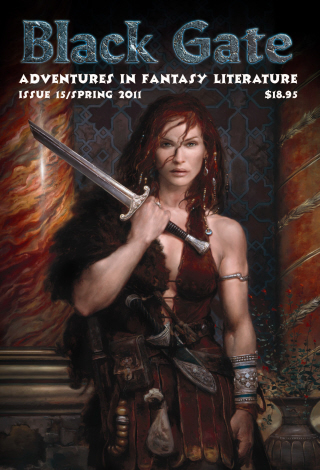Joanna Russ: February 22, 1937 – April 29, 2011
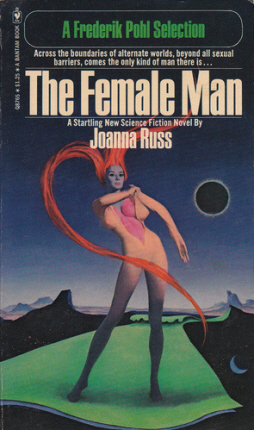 Joanna Russ, acclaimed feminist writer and one of the most respected science fiction authors of the 20th Century, passed away yesterday at the age of 74.
Joanna Russ, acclaimed feminist writer and one of the most respected science fiction authors of the 20th Century, passed away yesterday at the age of 74.
Russ’s first SF story, “Nor Custom Stale,” appeared in F&SF in 1959. Numerous notable short stories followed, including Nebula Award winner “When It Changed” (1972), and Hugo Award winner “Souls” (1982). Altogether her fiction has been nominated for a total of nine Nebula and three Hugo Awards. Her short stories were collected in four volumes: The Adventures of Alyx (1983), The Zanzibar Cat (1983), Extra(ordinary) People (1984), and The Hidden Side of the Moon (1988).
Her first novel Picnic on Paradise, the tale of a pleasure cruise that crash lands on a vacation planet with only enough food for a picnic, was nominated for a Nebula in 1968. It was collected with four additional stories featuring the resourceful protagonist Alyx as The Adventures of Alyx (1983).
Her other novels include Nebula Award finalist And Chaos Died (1970), The Female Man (1975), We Who Are About To… (1977), and The Two of Them (1978).
The Female Man, one of the most acclaimed SF novels of the decade, follows four women across four parallel worlds, all struggling against the restrictive role of the female sex, and what it truly means to be a woman. The character who bears Russ’s first name, “Joanna” refers to herself early in the novel as the “female man” because she is convinced she must surrender her identity as a woman to be respected.
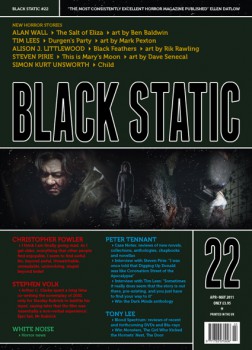

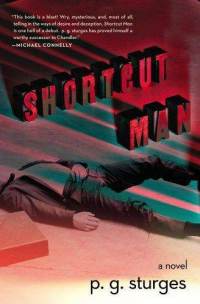
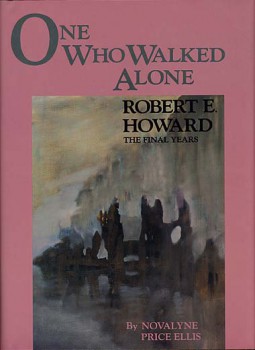 It couldn’t have been easy for Novalyne Price Ellis to write One Who Walked Alone: Robert E. Howard the Final Years (Donald M. Grant Publisher, Inc., 1986). Price Ellis’ memoir of her relationship with Howard (roughly 1934-36) is illuminating in its raw honesty. It’s also painful, at turns disappointing and downright frustrating. We might find escape in Howard’s sword and sorcery tales but there is none to be found here.
It couldn’t have been easy for Novalyne Price Ellis to write One Who Walked Alone: Robert E. Howard the Final Years (Donald M. Grant Publisher, Inc., 1986). Price Ellis’ memoir of her relationship with Howard (roughly 1934-36) is illuminating in its raw honesty. It’s also painful, at turns disappointing and downright frustrating. We might find escape in Howard’s sword and sorcery tales but there is none to be found here.
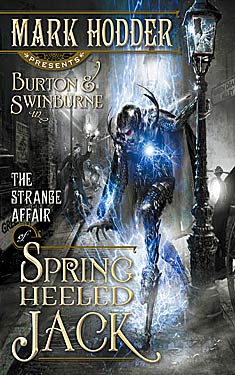
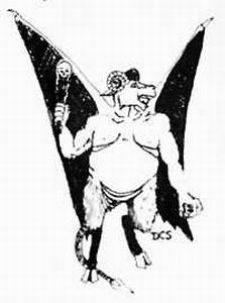

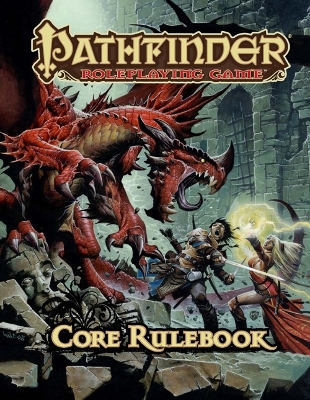
 Moving on from the
Moving on from the 